Data Engineering Glossary
Silectis
JANUARY 3, 2021
BI (Business Intelligence) Strategies and systems used by enterprises to conduct data analysis and make pertinent business decisions. Big Data Large volumes of structured or unstructured data. Data Visualization Graphic representation of a set or sets of data. Database A collection of structured data.


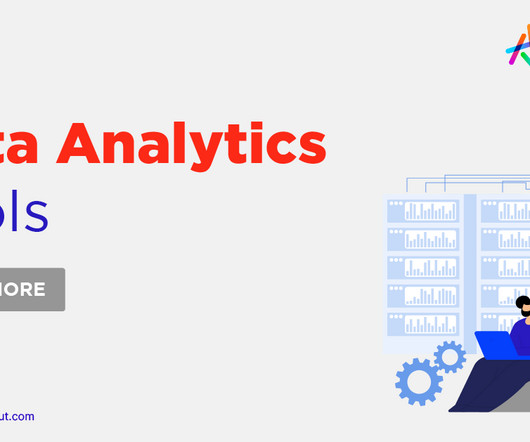


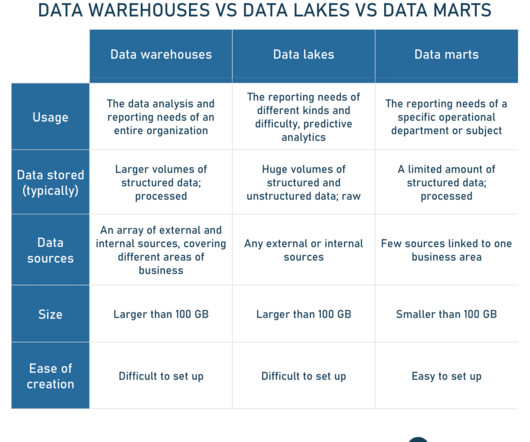
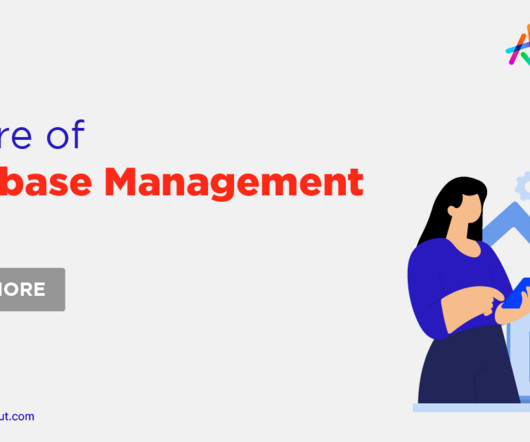
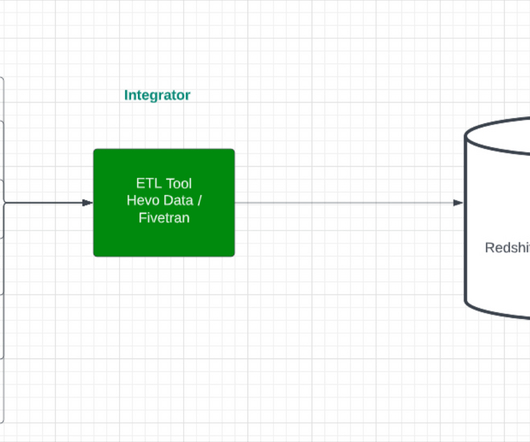

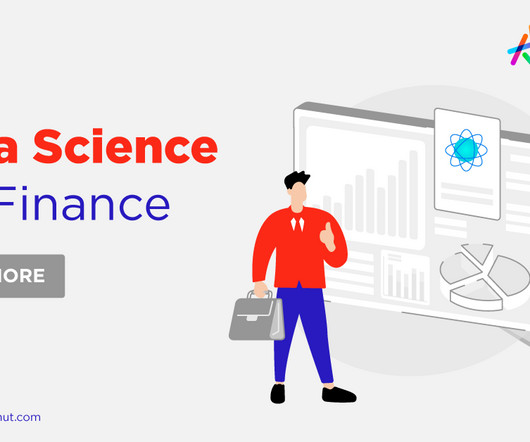








Let's personalize your content